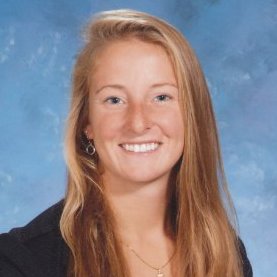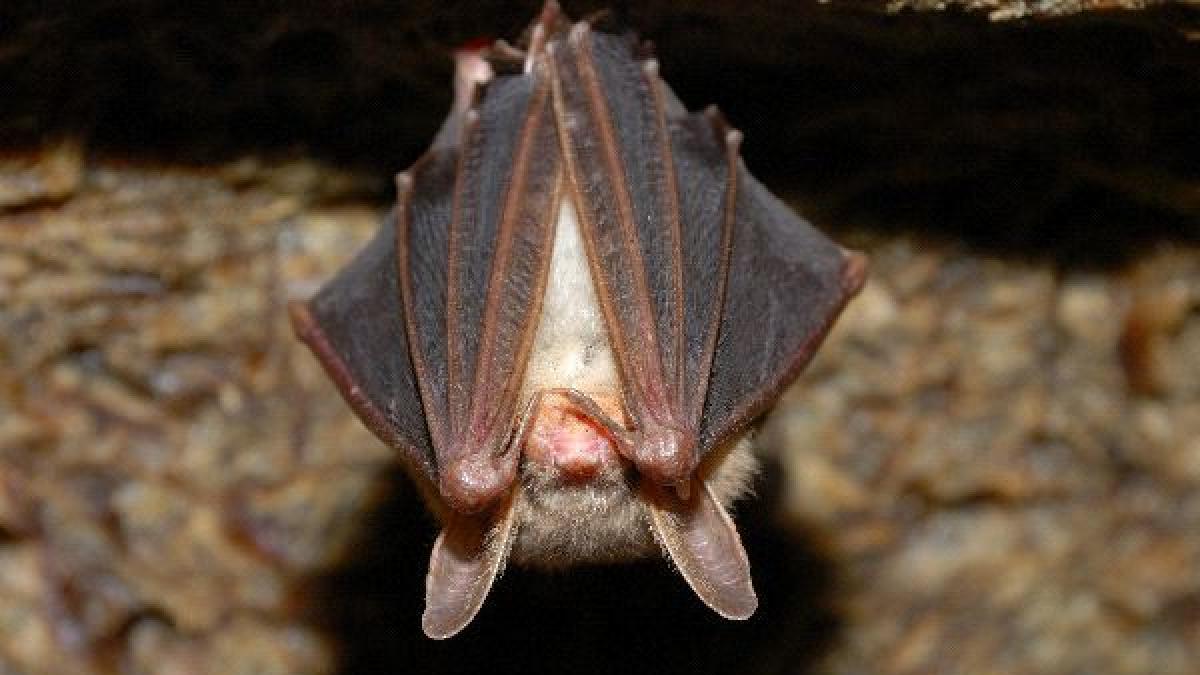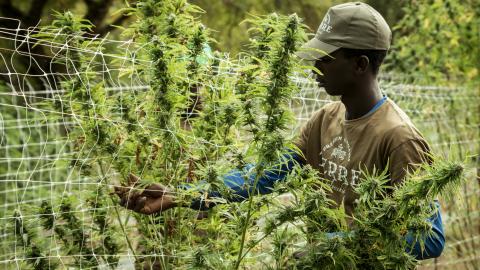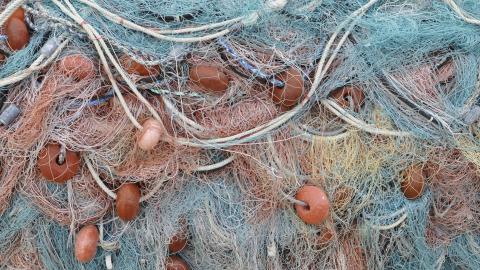Lauren Frisbie is an Occupational Health at the Human-Animal Interface (OHHAI) Training Scholar at the Center for One Health Research.
August 20, 2017 Lauren Frisbie is an Occupational Health at the Human-Animal Interface (OHHAI) Training Scholar at the Center for One Health Research. Starting this past Spring, Lauren has been working with the Washington State Department of Health (WA DOH) to better understand the current systems and protocols for euthanasia of animals for rabies testing in place within each county.
 When a citizen is exposed/has presumed exposure to an animal with suspected rabies, the animal is collected, euthanized and sent to the WA DOH Public Health Laboratories in Shoreline, Washington where it is tested for rabies. Animals submitted for testing include cats, dogs, ferrets, raccoons, skunks, bats and other wild and domestic animals. Bats are most commonly submitted with 297 bats tested in 2016 and 20 rabid bats identified.
When a citizen is exposed/has presumed exposure to an animal with suspected rabies, the animal is collected, euthanized and sent to the WA DOH Public Health Laboratories in Shoreline, Washington where it is tested for rabies. Animals submitted for testing include cats, dogs, ferrets, raccoons, skunks, bats and other wild and domestic animals. Bats are most commonly submitted with 297 bats tested in 2016 and 20 rabid bats identified.
Washington State consists of 35 local health jurisdictions that work on public health at the county level. It is the responsibility of each local health jurisdiction to guide a citizen within their county on the capture, transportation and euthanasia of animals for rabies testing. In the case of exposure to a bat, these situations tend to be treated differently than if a citizen was exposed to a rabid cat or dog.
The WA DOH has some materials that can be used by LHJs but there is a disconnect between what the LHJs recommend to citizens and the available resources for proper euthanasia of bats submitted for rabies testing. Because of these varying resources, the LHJs all have a different system in place to handle rabies submissions of bats. There is not a one size fits all protocol that can be applied to each LHJ due to differing resources, geography and available staff.
The interviews that Lauren has conducted with the LHJs have started an important conversation and have allowed the WA DOH to gain a better understanding of how each county handles rabies exposures, as well as what resources would be useful to their agencies.
Lauren will present her survey results at the 2017 Zoonotic Disease Conference on September 12 in Ellensburg, Washington at Central Washington University.

 When a citizen is exposed/has presumed exposure to an animal with suspected rabies, the animal is collected, euthanized and sent to the WA DOH Public Health Laboratories in Shoreline, Washington where it is tested for rabies. Animals submitted for testing include cats, dogs, ferrets, raccoons, skunks, bats and other wild and domestic animals. Bats are most commonly submitted with 297 bats tested in 2016 and 20 rabid bats identified.
When a citizen is exposed/has presumed exposure to an animal with suspected rabies, the animal is collected, euthanized and sent to the WA DOH Public Health Laboratories in Shoreline, Washington where it is tested for rabies. Animals submitted for testing include cats, dogs, ferrets, raccoons, skunks, bats and other wild and domestic animals. Bats are most commonly submitted with 297 bats tested in 2016 and 20 rabid bats identified.



